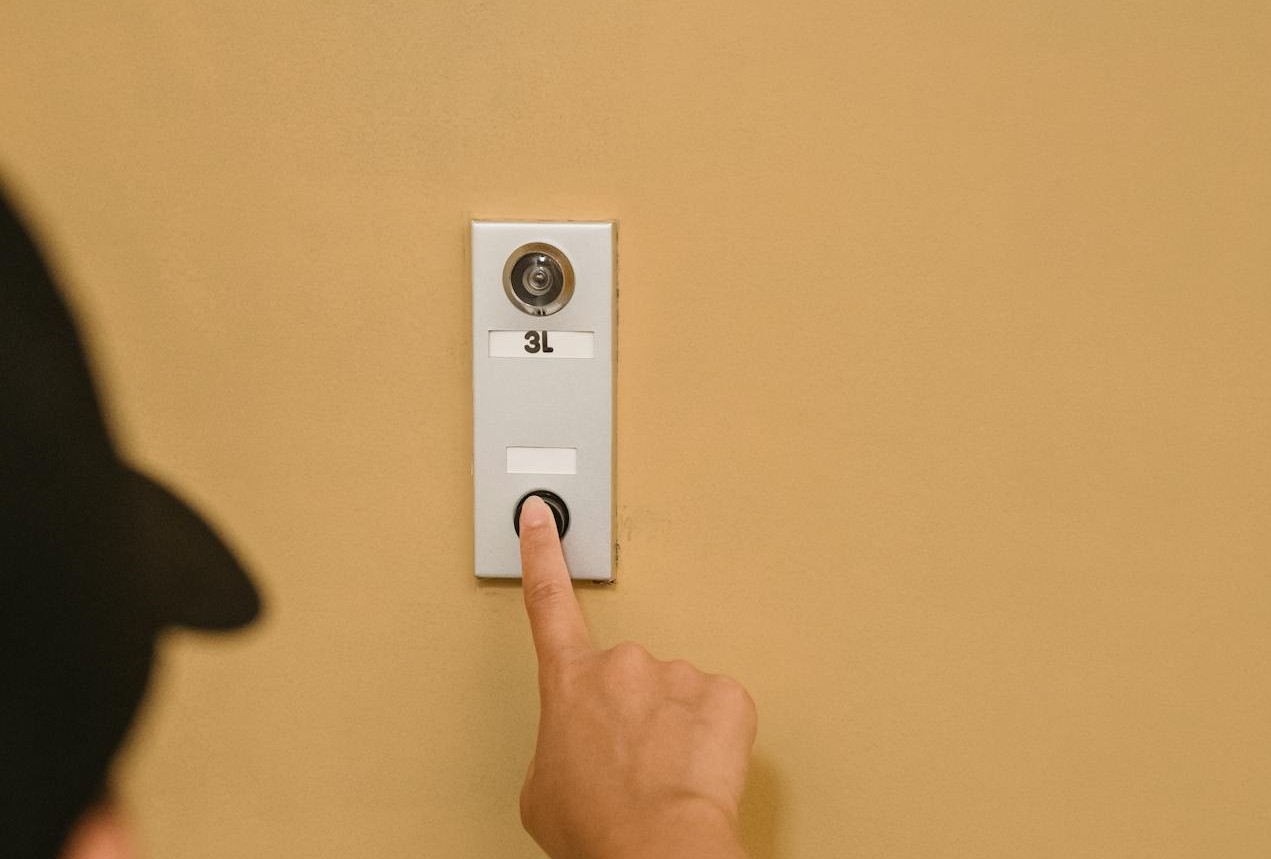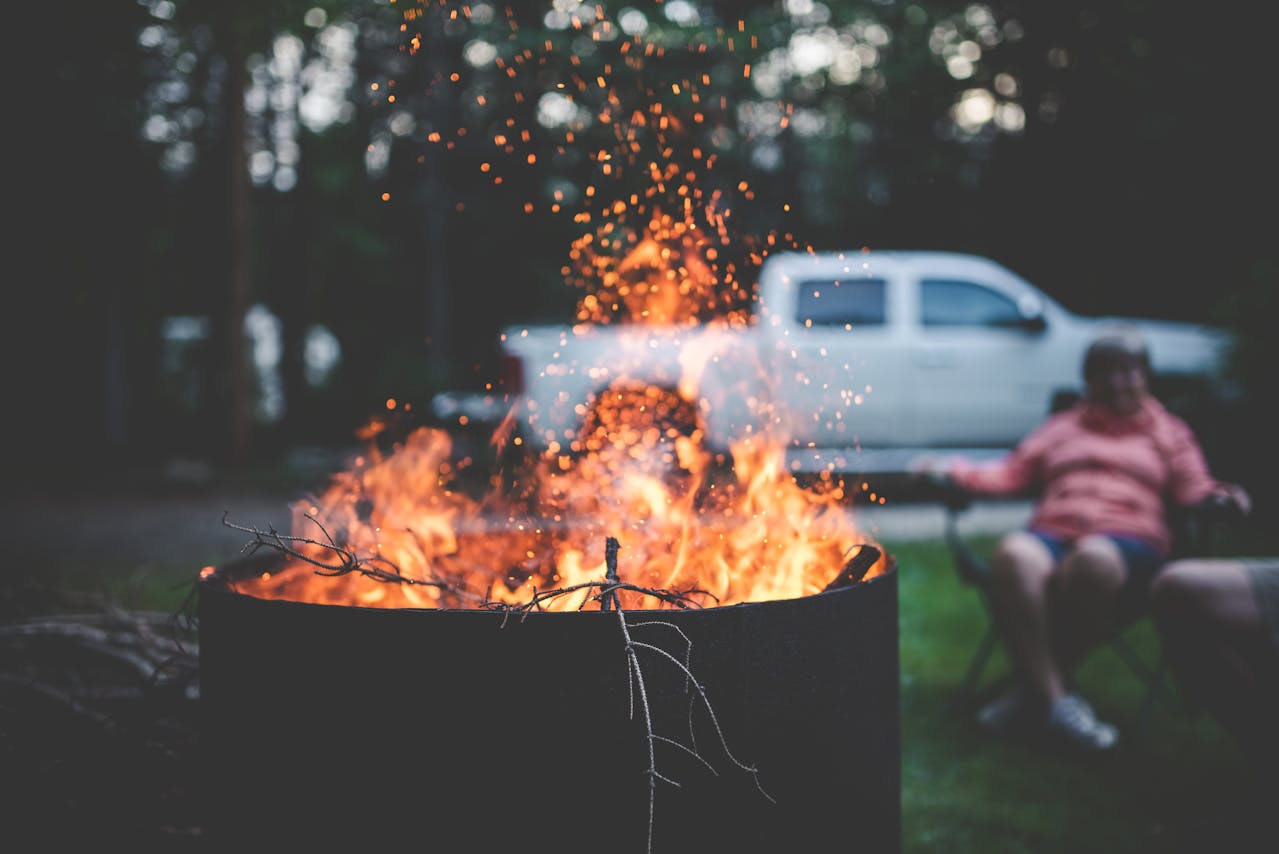Most people treat their homes as private worlds where intuition sets the rules. Yet small habits inside those walls often collide with laws written for safety, privacy, and shared resources. A streaming shortcut, a noisy backyard, or leftover pills in the bathroom can all trigger consequences that feel wildly out of scale with the intent behind them. With a clearer view of these fault lines, households keep daily life calm, lawful, grounded, and far less vulnerable to surprises. Awareness quietly becomes protection.
Secretly Recording Conversations At Home

Hidden cameras or recorders inside a home may feel like smart security, but many states restrict recording private conversations without consent. All party consent rules, guests expecting privacy, or workers in bedrooms and bathrooms can turn casual monitoring into a crime or civil claim. Careful placement, clear notice, and knowing local law matter more than any gadget. When households treat surveillance as a quiet power, they risk real penalties instead of peace of mind.
Sharing Or Pirating Entertainment From The Living Room

Streaming accounts shared far beyond one household, downloaded movies from shady sites, or constant password swapping can drift into copyright infringement. Rights holders and platforms watch unusual logins, making it easier to connect illegal streaming, lost revenue, and policy breaches. What begins as generosity among friends can end in warnings, bans, or bills that feel absurd beside a casual movie night. Treating digital media with respect keeps living rooms relaxed and out of legal crosshairs.
Borrowing A Neighbors Wi Fi Without Consent

Using a neighbor wifi network without permission, even when it appears open, can count as unauthorized access or theft of service. Any harmful browsing traced to that connection lands first on the account holder, so quiet piggybacking can drag uninvolved families into tense investigations. Those who treat shared connections as free utilities risk charges, claims, and broken trust. Clear passwords, clear permissions, and paid plans prevent a small shortcut from turning into a legal problem.
Burning Trash Or Dumping Household Waste Illegally

Pouring chemicals into drains, tossing batteries or electronics into regular bins, or burning trash in a backyard can violate environmental and public health laws. Many communities treat illegal dumping as serious, with fines, cleanup demands, and sometimes criminal records when waste harms soil, air, or water. One rushed garage cleanout can echo well beyond the property line. Using approved collection days and recycling centers turns the same chore into protection instead of damage.
Keeping Exotic Or Banned Animals As Pets

A striking reptile or wild mammal online can mask a tangle of wildlife rules, import restrictions, and local bans. Unpermitted snakes, primates, or unusual carnivores may be seized, and owners can face penalties when species endanger people or ecosystems. Families often discover problems only when a neighbor complains or an animal escapes. Checking legal species lists before any adoption protects the animal, shields the home from surprise enforcement, and keeps affection aligned with responsibility.
Unlicensed Home Based Childcare Or Food Business

When paid childcare or a steady baking hustle grows inside a home without licenses, zoning approval, or inspections, quiet risk builds behind a friendly reputation. One illness, fall, or complaint can expose missing training, overcrowded rooms, or unsafe kitchens, turning goodwill into liability. Regulators rarely ignore patterns once they surface. Treating these services as real businesses from day one respects the families who depend on them and protects the host from preventable legal fallout.
Disabling Safety Devices Or Ignoring Housing Codes

Removing smoke alarms, silencing carbon monoxide detectors, or skipping permits for major electrical and gas work might seem efficient, but it narrows every margin of safety. After a fire, collapse, or leak, investigators and insurers study whether codes were followed, and willful shortcuts can bring denied claims or charges. Landlords face even closer scrutiny when tenants are harmed. Respecting inspections and simple hardware turns regulations into a shield that guards both lives and property.
Persistent Noise Nuisance And Party Violations

Endless loud music, neglected barking, and crowded late night gatherings often move from annoying to unlawful under nuisance and noise rules. It rarely falls apart over one celebration; trouble comes when complaints stack up and form a clear pattern. Citations, lease violations, and strained relations follow quickly once records exist. Homes that treat sound, parking, and shared hallways with care protect friendships, housing stability, and the easy comfort of being welcome where they live.
Misusing Or Sharing Prescription Medications

Saving strong painkillers for later or handing sleeping pills to a stressed friend may feel generous, yet it crosses into controlled substance misuse. Prescriptions are written for specific people, and sharing or selling them can be treated as illegal distribution. Unlocked bottles invite theft, overdose, and blame that lands hardest on the name on the label. Secure storage, timely disposal, and trust in medical oversight keep support humane without drifting into criminal territory.


